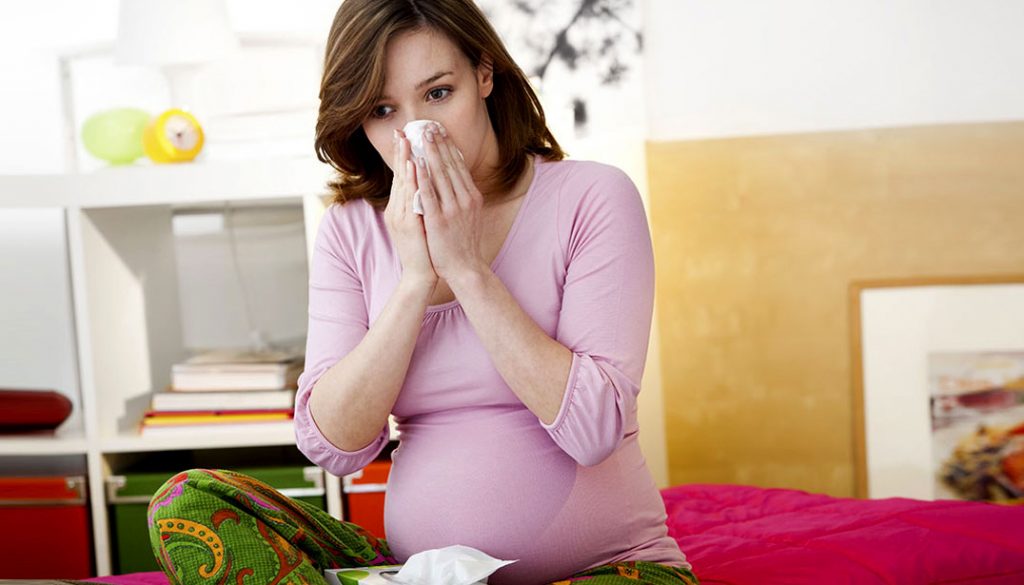
During pregnancy, due to the changes in the immune system, one may contract a cold or a cough at some point. Even though the symptoms of cold or flu are not typically dangerous to your baby, it is important to take the necessary measures to avoid contracting a cold or a cough while pregnant and to treat it with special care.
In order to avoid getting a cold or cough, the important step is to maintain a healthy lifestyle. Make sure you are eating nutritiously, getting the necessary amount of sleep, and exercising on a regular basis. In addition, it is important to take prenatal vitamins and probiotics.
Wash your hands regularly. Take extra effort to wash your hands more frequently once you are around those who have a cold or cough.
Cold/cough can be treated with the following measures:
It is important to treat the symptoms associated with cold or cough based on your own comfort.

Some Natural remedies include:
It is always better to reduce the number of over-the-counter medications as many are not safe to take during pregnancy period. However, it is best to consult with doctor before taking any medications to relieve your symptoms. The following area list of medications that pose little risk to your baby during pregnancy.
It is important to consult doctor if the symptoms are causing you to stop eating or sleeping or if the symptoms last for more than a couple of days without improving. Also it is important to consult your physician in case of a fever which is 102° Fahrenheit or greater.
If the cough is accompanied by chest pain and/or wheezing and if cough ends up in discolored mucus, make sure that you call your doctor. They may prescribe an antibiotic to kill the infection.

Whooping cough is a contagious infection characterized by excessive, violent coughing followed by an intake of breath that makes a whooping sound. The Center for Disease Control and Prevention recommend all pregnant women to receive the Tdap vaccine, preferably between the 27th-36th weeks of pregnancy. This will ensure that protection against whooping cough is passed down to your baby for the first couple of months after birth.
It is the most powerful creation to have life growing inside of you.There is no bigger gift